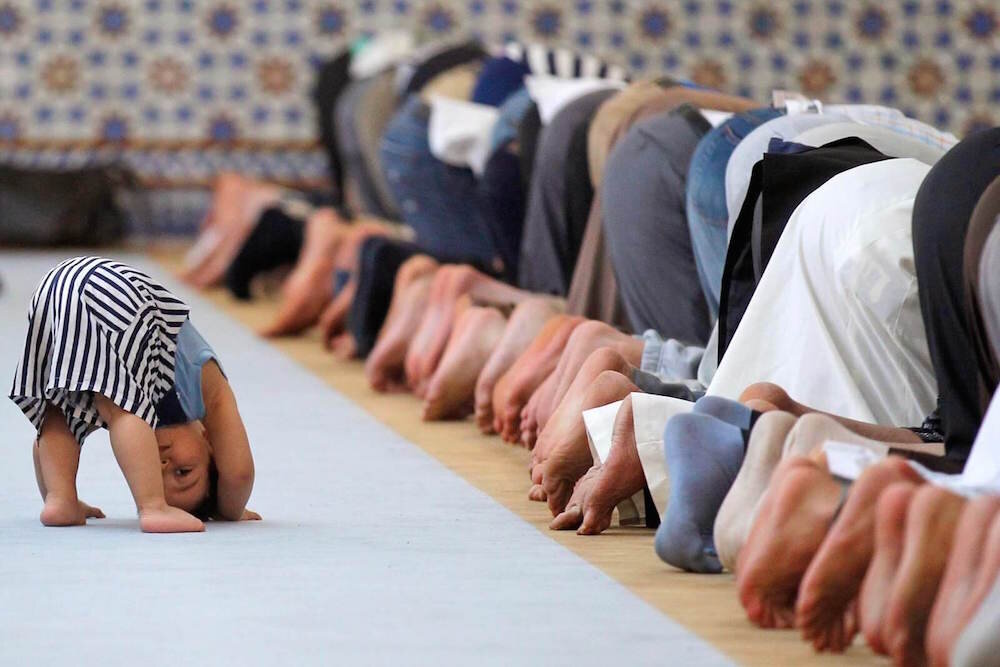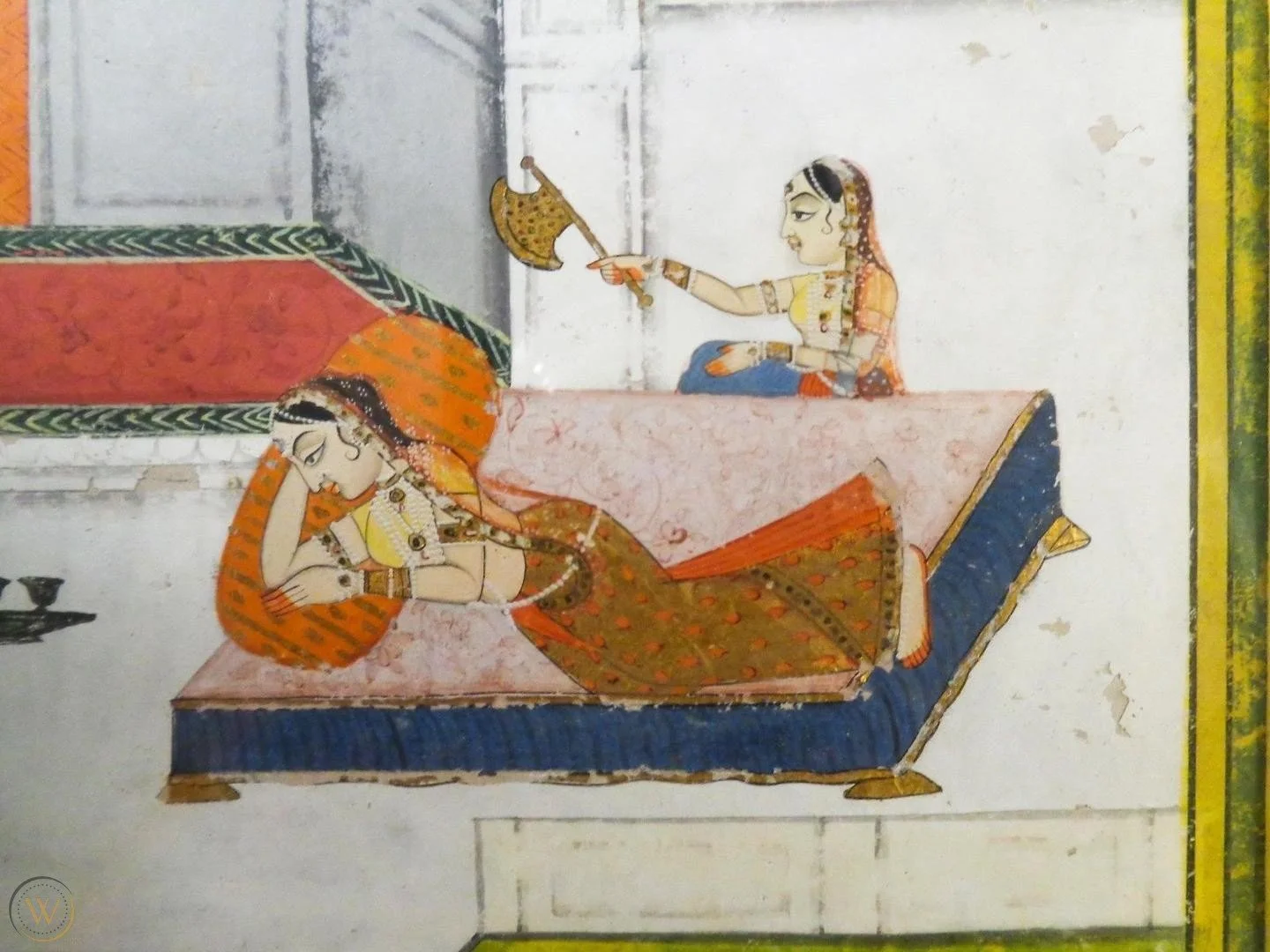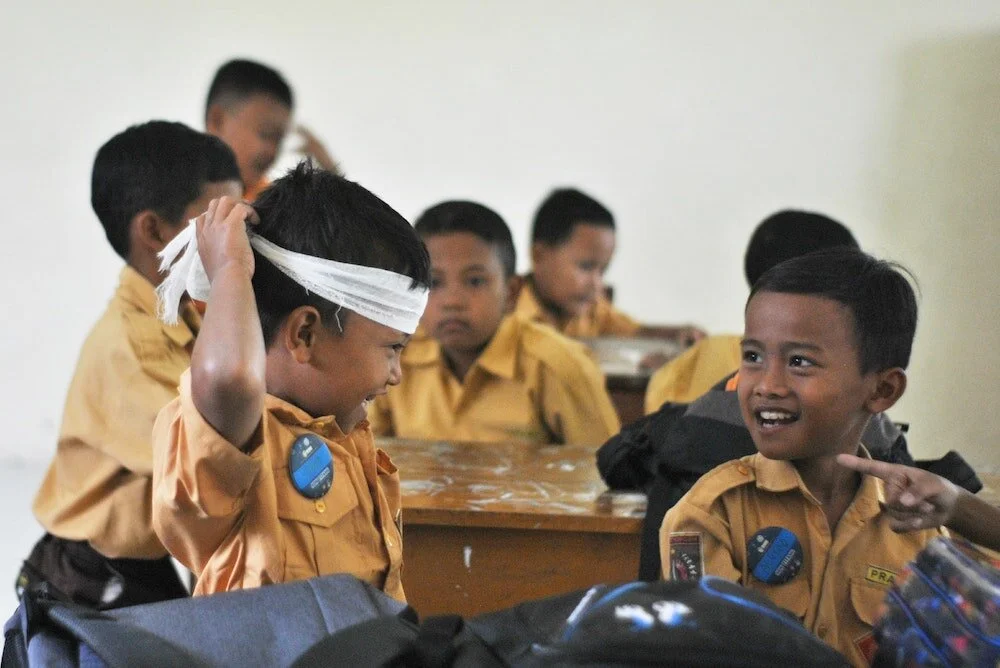
We are particularly interested in studying cumulative culture — the capacity to build upon the innovations and insights of previous generations. We conduct comparisons across species, cultures, and ages in order to understand cognitive and cultural evolution.
Topics of study include cultural learning, science, religion, ritual, innovation, creativity, and globalization. For example, we have studied the early-developing capacities to acquire and transmit rituals, and are currently studying how formal education impacts scientific and religious beliefs and behaviors across cultures.
Cognitive Science Projects
Does big culture require big brains? Collective intelligence in roaches and rats
Investigating traditional apprenticeship techniques to document and explain the transmission and function of ancient Indian art forms.
Examining cognitive and cultural evolution by comparing learning in humans to other animal species
How scientific and religious explanations develop and are used to reason about diverse phenomena
How cultural variation in ideas about the mind shapes the way people seek and experience the supernatural
Examining the role of ritual in child development, social behaviour, and the evolution of political systems
Studying how culture influences the development of cognition over childhood
Related Articles
Legare, C.H., Ooi, Y.J., Elsayed, Y., & Barnett, A. (2024). Designing museum exhibits to support scientific thinking in informal learning environments: A university-museum-community partnership. In C. Yu & J. Lockman (Eds). Advances in Child Development and Behavior (66). Elsevier Press.
Stibbard-Hawkes, D., Abarbanell, L., Mabulla, I.A., Endeko, E., Legare, C.H., & Apicella, C. (2024). Foreign-language effects in cross-cultural behavioural research: Evidence from the Tanzanian Hadza, 3(6), 218. PNAS Nexus. https://doi.org/10.1093/pnasnexus/pgae218
Erut, A., & Legare, C.H. (2024). Do the skies themselves send down showers? Current Anthropology, 65(2). https://doi.org/10.1086/729118







